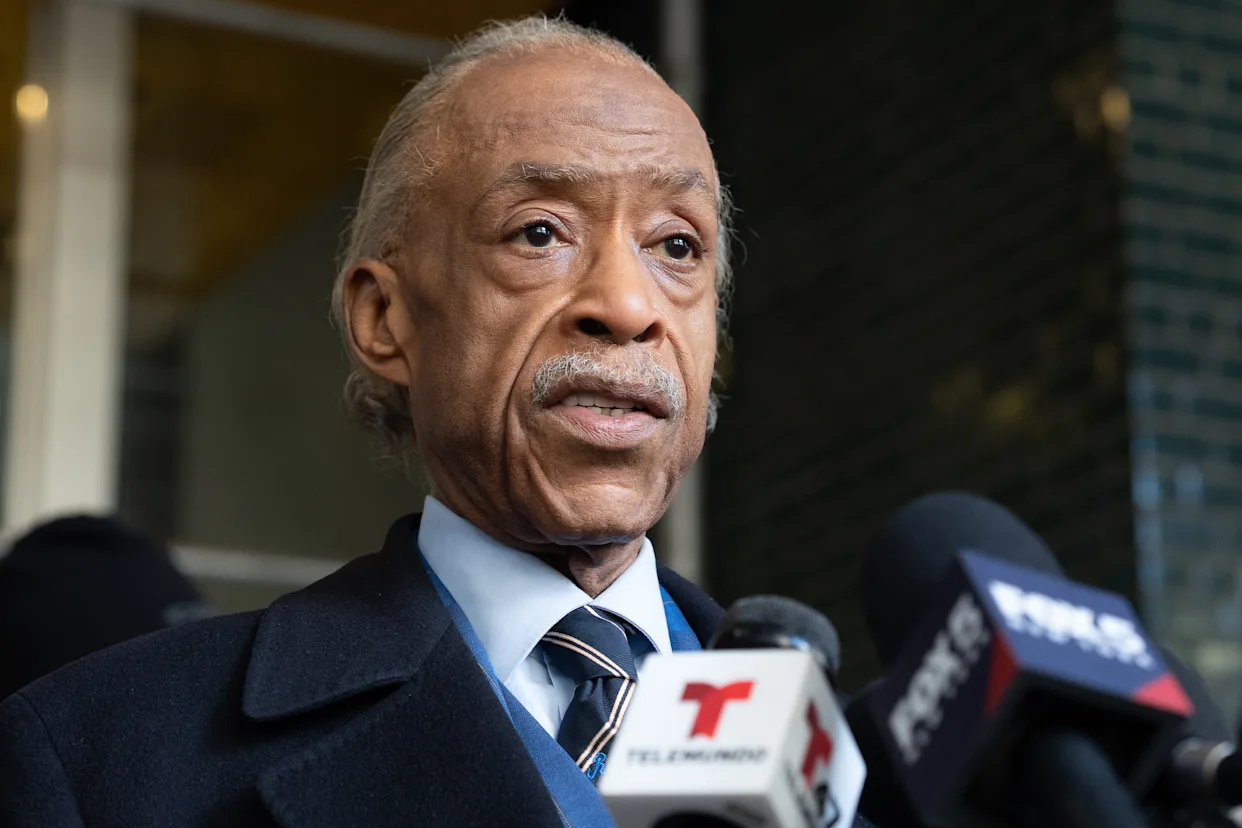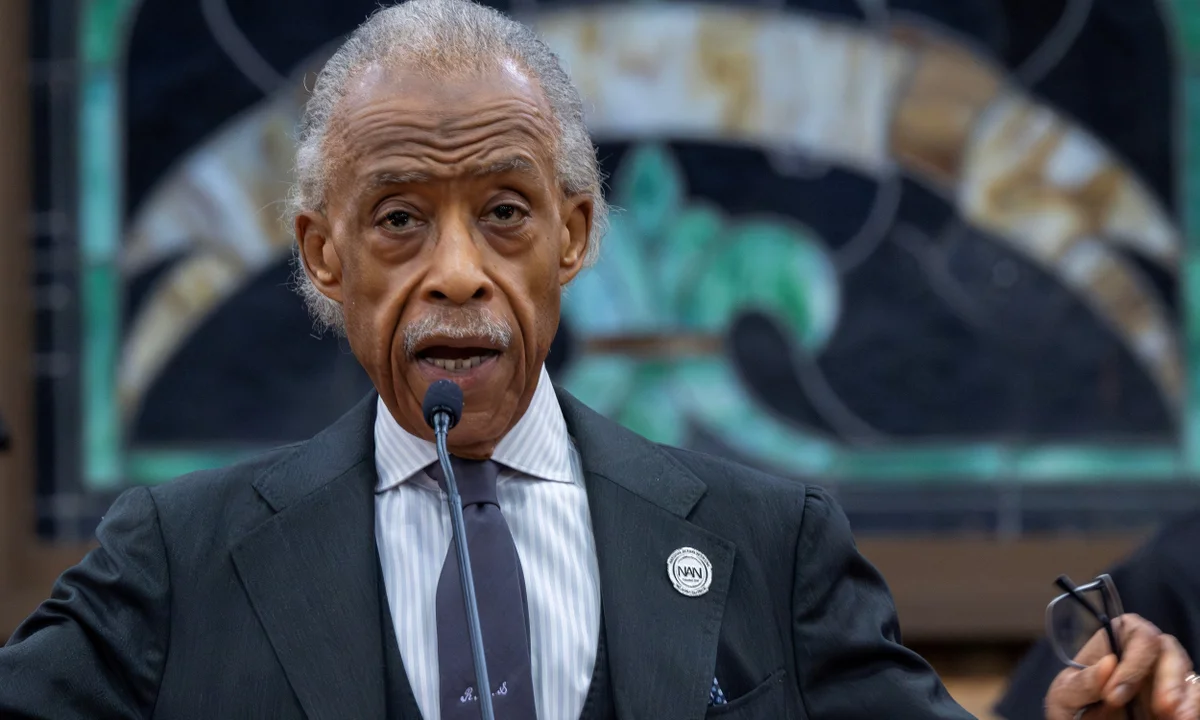Target Corporation finds itself at the center of a growing controversy as CEO Brian Cornell met with civil rights activist Rev. Al Sharpton in April 2025 to address mounting criticism over the retailer’s decision to scale back its diversity, equity, and inclusion (DEI) initiatives. The high-stakes meeting came amid calls for boycotts, declining foot traffic, and significant financial pressure on the Minneapolis-based retail giant.
The controversy began in January 2025 when Target announced a major rollback of its DEI programs, including the cessation of its three-year diversity goals, halting reports to external diversity organizations, and reducing efforts to increase products from Black- and minority-owned suppliers. This decision sparked immediate backlash from civil rights organizations and faith leaders, with Atlanta pastor Rev. Jamal Bryant launching a 40-day boycott that attracted nearly 200,000 participants.
The timing of Target’s DEI retreat coincided with President Donald Trump’s return to the White House and his administration’s push to end federal DEI programs. Corporate sentiment around diversity initiatives has shifted markedly since Trump’s inauguration, with companies that once championed progressive change now backtracking out of fear of political retaliation. Target joined other major retailers like Walmart, McDonald’s, and Tractor Supply in diminishing their DEI efforts, while competitors like Costco have maintained their diversity programs and seen increased foot traffic as a result.
Meeting Details and Stakeholder Responses
Cornell requested the meeting with Sharpton, which took place at the National Action Network’s New York headquarters. The discussion was described as “very constructive and candid” by Sharpton, who was accompanied by National Board Chair Dr. W. Franklyn Richardson and Senior Advisor Carra Wallace. Rev. Jamal Bryant, who organized the 40-day boycott, also attended the meeting.

Sharpton has not yet called for a formal boycott but has indicated he would consider it if Target fails to reaffirm its commitment to the Black community and investing in Black-owned businesses. “You can’t have an election come and all of a sudden change your old positions,” Sharpton stated, emphasizing that political pressure shouldn’t dictate corporate values.
Financial Impact and Market Performance
The DEI rollback has had measurable consequences for Target’s business performance. Store traffic declined for ten consecutive weeks following the announcement, with March 2025 seeing a 6.5% drop in foot traffic compared to the previous year. This decline occurred after Target had previously shown year-over-year growth in store visits.
Target’s stock performance has also suffered significantly, dropping to a four-year low of $88.76 per share in early April 2025, a stark contrast to its November 2021 high of $266.38. The company has faced broader challenges beyond the DEI controversy, including stagnant sales growth for four consecutive years and margin pressures as consumers prioritize essential goods over higher-margin items.
Boycott Campaign and Community Response
Rev. Jamal Bryant’s boycott campaign, launched through the website targetfast.org, began with the start of Lent on March 5, 2025. The campaign’s demands include honoring Target’s $2 billion pledge to the Black business community, depositing $250 million among Black banks, restoring DEI commitments, and establishing community centers at historically Black colleges and universities.
The boycott has gained significant traction, with Bryant reporting that approximately 100 Black vendors have pulled their products from Target shelves. The campaign culminated in a “Bullseye Black Market” event featuring Black-owned vendors, with Bryant promising to announce the next phase of the boycott following his meeting with Sharpton.

